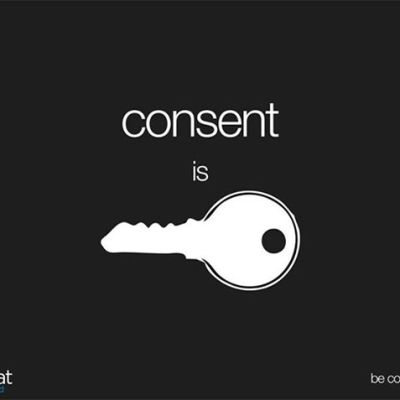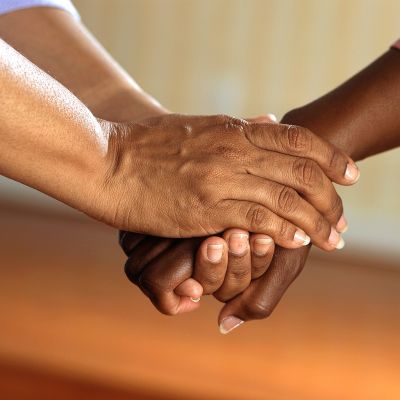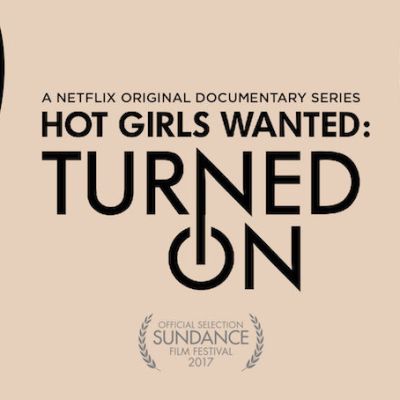consent
We are plugged in to all kinds of data from a variety of sources, through technology, and even a window view of this space is like stepping into a global COVID control data centre. We are standing up to be counted, to be seen, to do, to contribute, to advocate, to remind, to rectify and restore, to strengthen a growing network of support and response to crisis on a scale we have neither been able to process or measure.
I think that the level of power that law makers, opinion builders and stakeholders wield over the more vulnerable and younger people in society is enormous. Yet, these actors have chosen to focus only on building a policy regime of sexual violence, even to the extent of allowing juvenile offenders to be treated as adult accused – without any corresponding effort to build a sex positive culture within which they may exercise agency.
Growing up, for me, has been about accepting that the loneliness and sadness woven into the fabric of my being do not go away with entering conventional arrangements like monogamous relationships or marriage.
This post is part of TARSHI’s #TalkSexuality campaign on Comprehensive Sexuality Education in collaboration with Youth Ki Awaaz. The author chose to remain anonymous. I met…
Some nights I worry that if birth control for men is indeed released, clinical trials of which were suspended in 2016 as its side effects, incidentally the same as what women have been dealing with for ages, were just not worth it, it would be named Fuckboi.
Cyberspace has given the queer woman a chance to problematize the existing gender and sexual identities which, like any identity, is not static. It allows her to create and occupy spaces which will give her freedom and power in a way that the misogynistic physical world cannot provide.
During my interaction with students as a part of sexuality education classes in schools, one frequently asked question by boys is,“How to charm a girl?”
In the middle of this pandemic, can one seek sexual support in the form of a hook up with one’s best friend, ‘just because’? Is it redefining boundaries, is it sympathy sex, is it simple indulgence, or is it something that one or both might later resent?
The film Hot Girls Wanted followed the journey of five young women aged 18-25 years as they joined the pornography industry and also looked more broadly at at women in this age group and their motivation to join.
Because the Internet is an integral part of our daily lives, it is important that young people are given the right information so that they can explore the world around them, access information without violating legislations, know their rights in the virtual and physical world and have enjoyable and consensual relationships with whoever they choose.
This question of appropriateness is, for me, at the heart of all questions around sexuality. Each of us carries within us our own private benchmarks for which expressions of sexuality we find appropriate, and which ones, in turn, have crossed an invisible line. The ones we believe belong across the border, in the land of the inappropriate, of the too much.
People we refer to as “digisexuals” are turning to advanced technologies, such as robots, virtual reality (VR) environments and feedback devices known as teledildonics, to take the place of human partners.
I am a feminist, sex-positive and LGBT affirmative Clinical Psychologist. Having that openly and publicly stated means that my clients feel very safe discussing some of the more taboo topics, especially ones that we are made to feel ashamed of. One of these is the topic of the rape fantasy.
In this issue of In Plainspeak our contributors reflect on and reveal the myriad facets of being single – is it a choice? A condition? A state of being? Lonely? Joyful? Not one or the other, but a glorious mix?
Continuing with our theme of self-care being about sustaining ourselves, our work, our movements, keeping the fires lit, and relating with love to ourselves, in our mid-month issue we bring you more articles looking at self-care from different perspectives – individual, queer, activist, collective, organisational, not necessarily separated, or in this order, of course.















